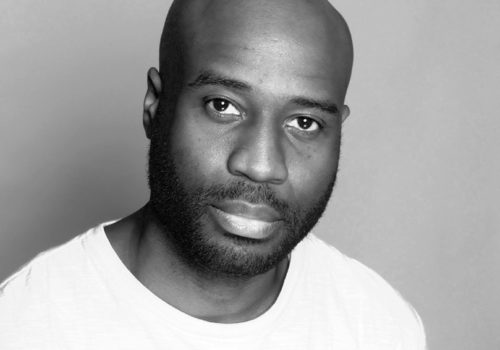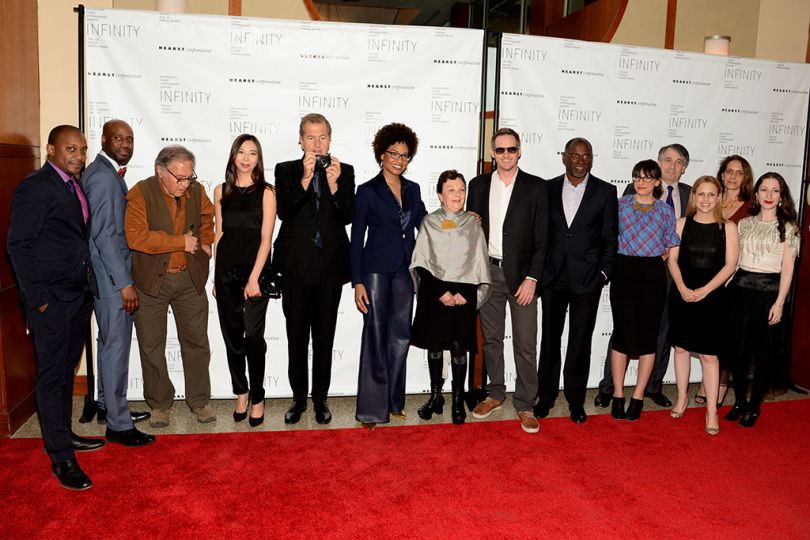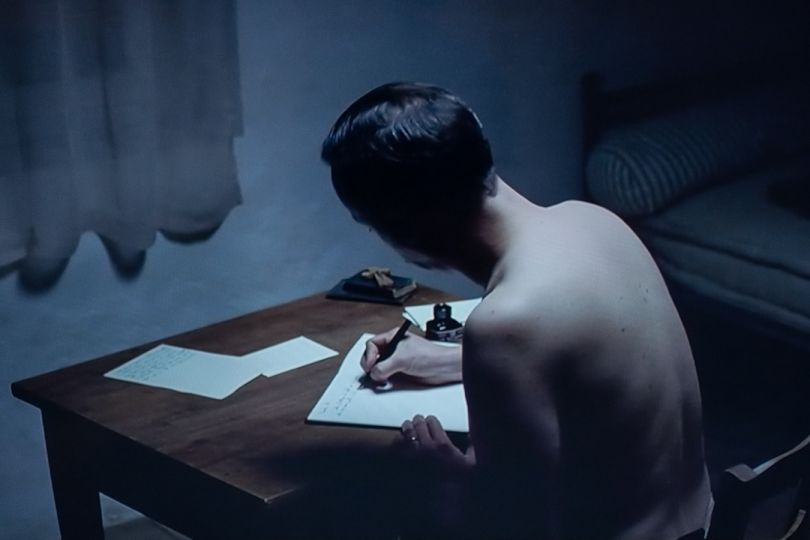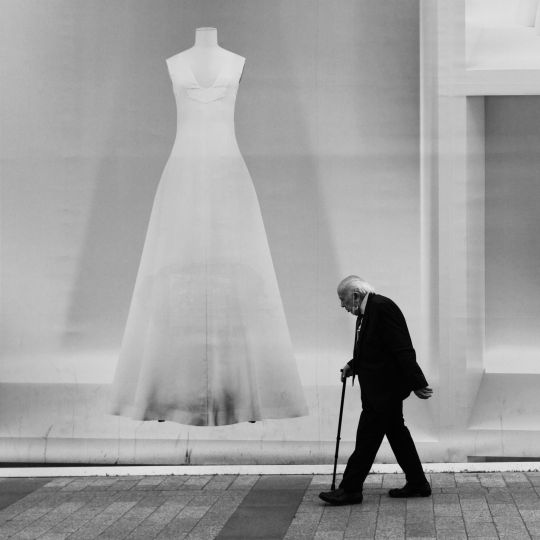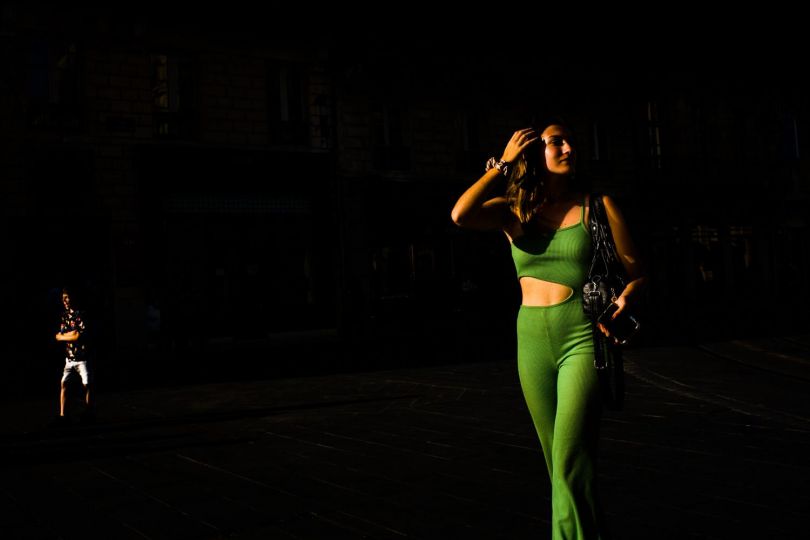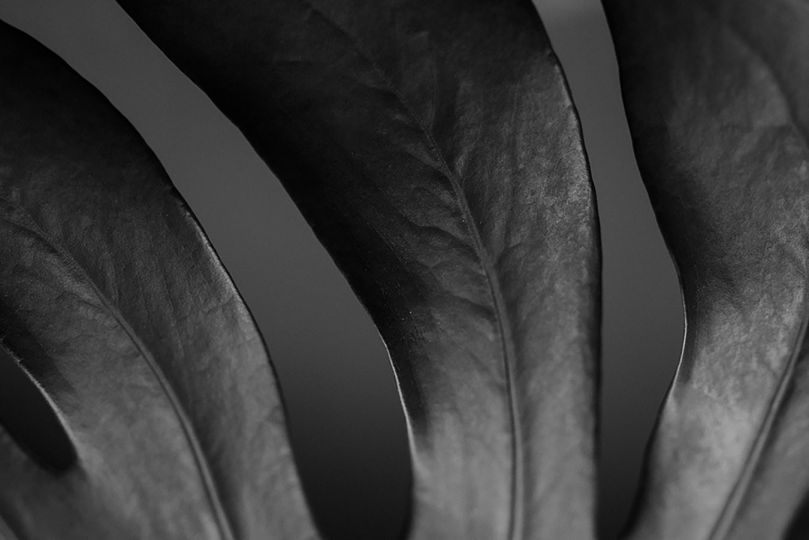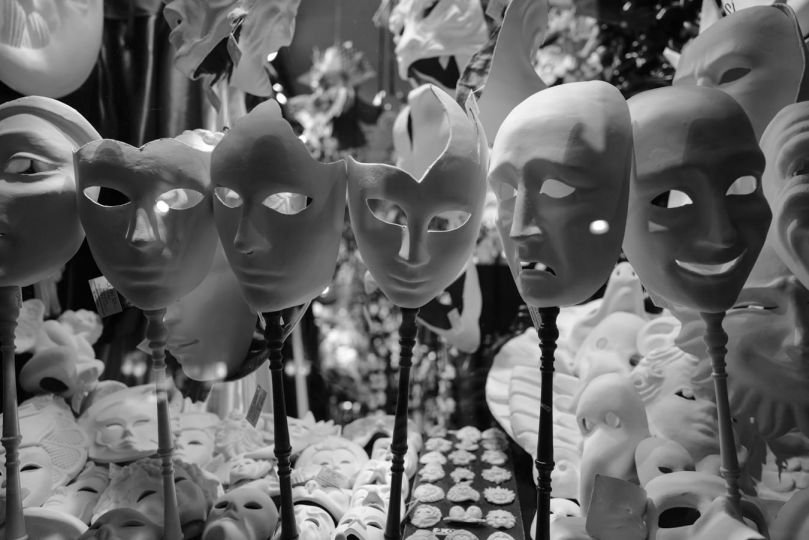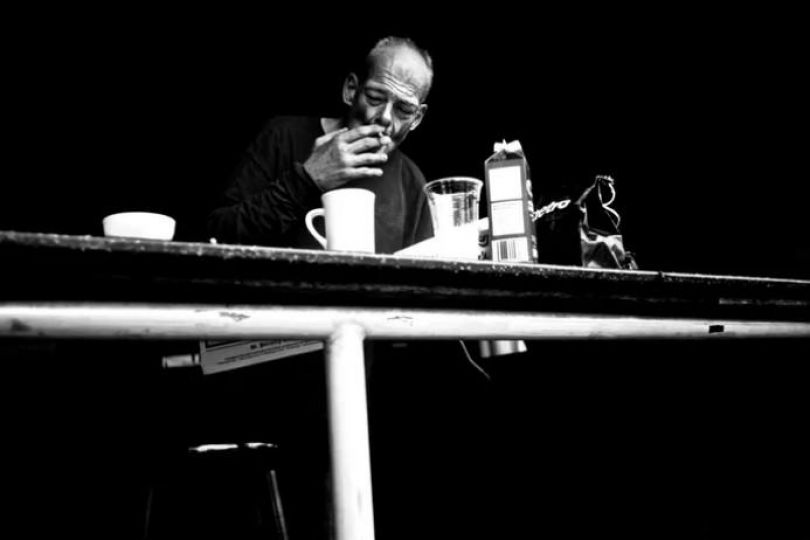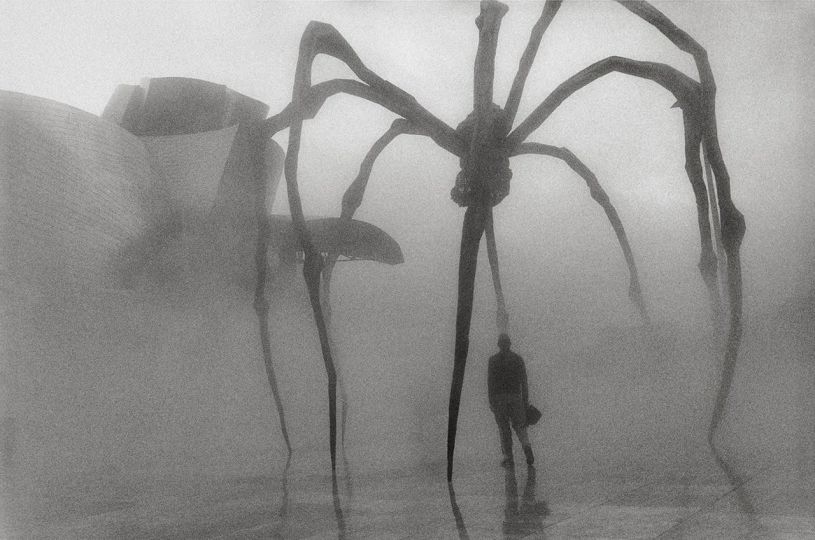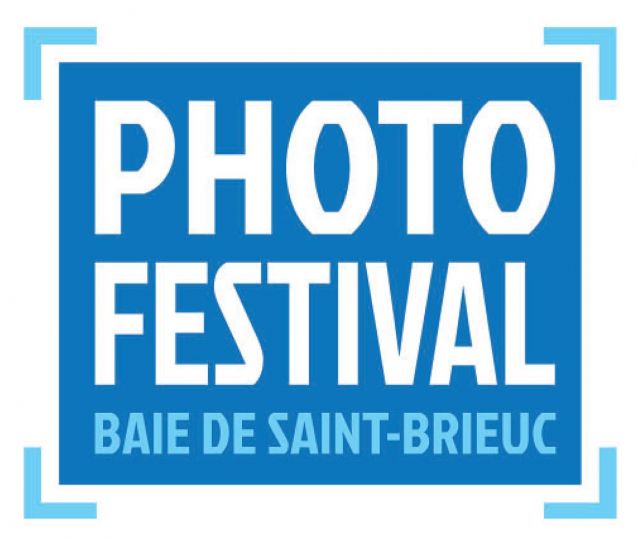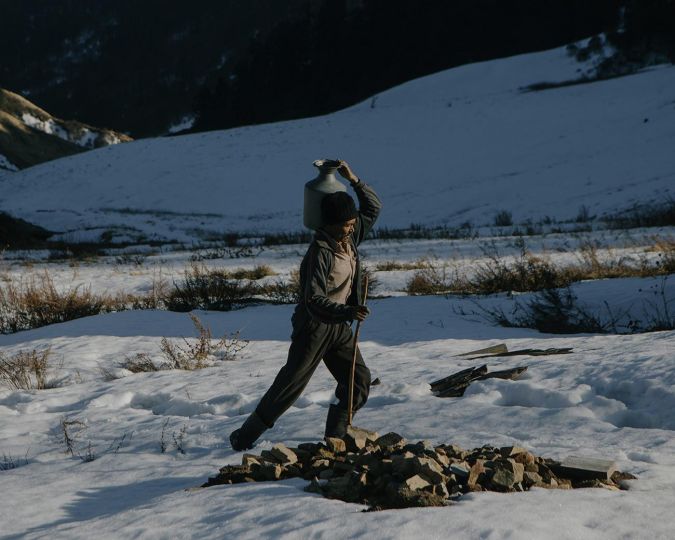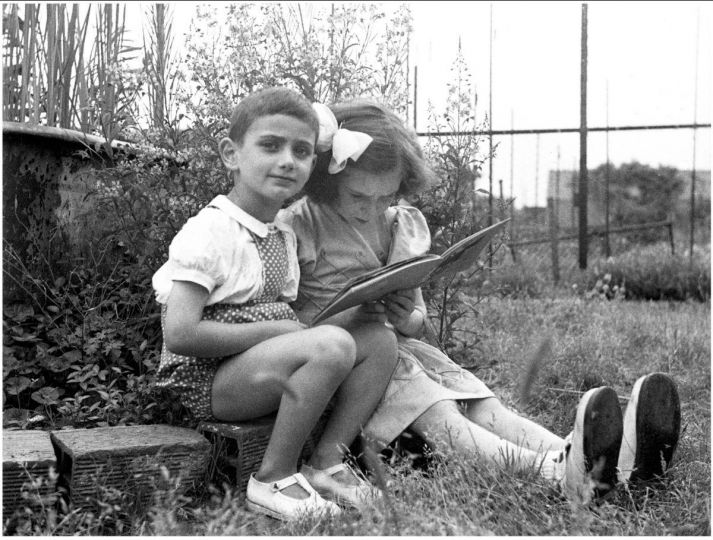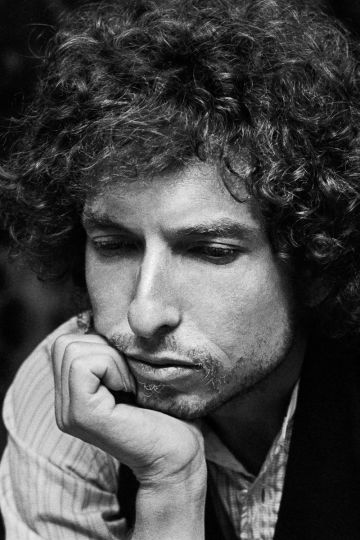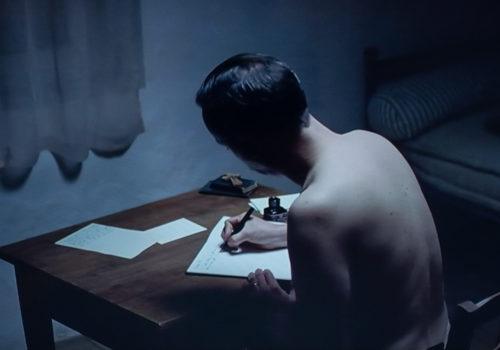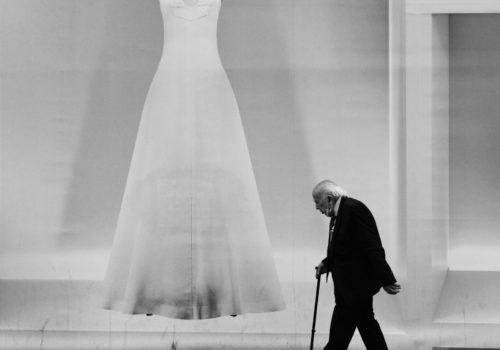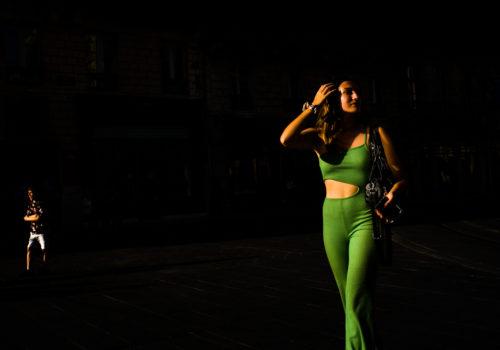Question Bridge: Black Males is an innovative transmedia art project that seeks to represent and redefine black male identity in America. Through a video mediated question and answer exchange, diverse members of this “demographic” bridge economic, political, geographic, and generational divisions.
The project was created by Chris Johnson, Hank Willis Thomas, Bayeté Ross Smith, Kamal Sinclair, and Jesse Williams. The Executive Producers are Delroy Lindo, Deborah Willis, and Jesse Williams; the Producers are Natasha Logan and William Sylvester; the Supervising Story Producer is Rosa White; the Designer is Ryan Alexiev; and the Web Developer is Jon Vidar / Uncharted Digital.
Question Bridge: Black Males is a fiscally sponsored project of the Bay Area Video Coalition (a 501(c)(3) not-for-profit organization) and supported in part by a grant from the Open Society Institute: Campaign for Black Male Achievement, The California Endowment, The Tribeca Film Institute, the LEF Foundation, The Center for Cultural Innovation, and the California College of the Arts. Question Bridge was supported by the Sundance Institute’s New Frontier Story Lab.
Hank Willis Thomas for Question Bridge :
What made you turn to photography?
I came to photography through my mother, Deborah Willis, and I really think it is almost through osmosis that I became a photographer, because pictures and cameras and dark rooms were everywhere when I was growing up.
How did Question Bridge come about?
The idea of Question Bridge as a project came from my collaborator Chris Johnson, who realized that video could be used as a way to help mediate a conversation between people in communities that don’t often talk about certain kinds of issues very well. And the idea of Question Bridge: Black Males, this idea of focusing on African American demographic, is an idea I approached Chris with as a way to talk about there being as much diversity within any demographic as there is outside of it. Asking African American men – or people who identify as African American men – to ask and answer each other’s questions, we realized that they’re actually very different people, and that each person is an individual, and that starts to really, hopefully, call question to the whole necessity for defining people based off of narrow group, by demographic identities.
Question Bridge is a brilliant art installation as well as an amazingly important social project. How was it received?
We premiered it in five places at once including the Brooklyn Museum and the Sundance Film Festival. We’ve now traveled the show to over 38 venues around the country, and also done about 50 screenings of it, so it’s been extremely well received, as an art installation, the curriculum, the website, etc. And we’ve had over half a million people interacting with the project to date. The fact that it’s trans-media, that it doesn’t just exist in one or two forms but actually exists in five forms, means that people can approach it from a variety of ways and spend different kinds of time with it. That’s what we love.
Was social media an important tool for the project?
Yes, more and more recently, after we launched the website, we were able to use social media as a way to engage people into the conversation, and it’s been really exciting to see the response that people have and also having people log on and create their own identity profiles and doing their own Question Bridges.
What is the future of Question Bridge?
Well, we shall see. One idea that we’ve been hoping for a while is to build other Question Bridges, that aren’t race or gender specific, so that people can make a Question Bridge about whatever various communities that they see themselves being part of.
A few words about ICP?
I’ve been going to ICP since my childhood, since it was on 5th avenue uptown, and I have maintained relationships with the staff, especially our dear Lacy Austin, -so many wonderful staff- and curators –and I’ve even had the opportunity to be a visiting professor at ICP, and have the educational experience. But as I’ve traveled around the country and also around the world, I have so many friends who are amazing photographers, whose entry into the photography world was through taking classes at ICP. And so I see ICP not only as an exhibitions space but as an education space, an outreach in creative thinking kind of resource in the city for photography, it’s been extraordinarily important and essential. And not to mention that my mother’s won the Infinity Award and I got to be there when she won it, and it was really exciting (Infinity Award for Writing, 1995). It was nothing I ever thought that I would receive as an award.
http://www.icp.org/infinity-awards
http://questionbridge.com

